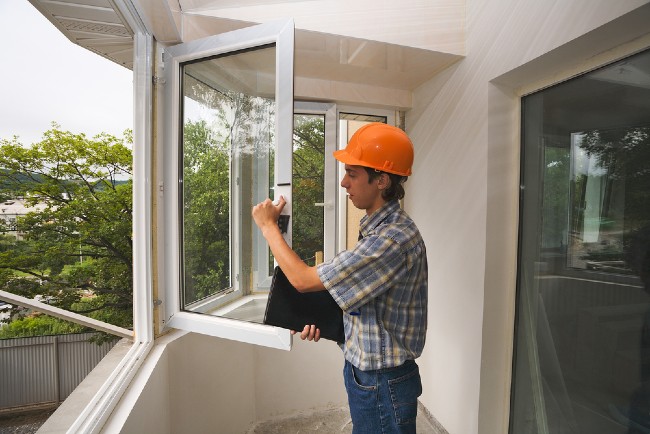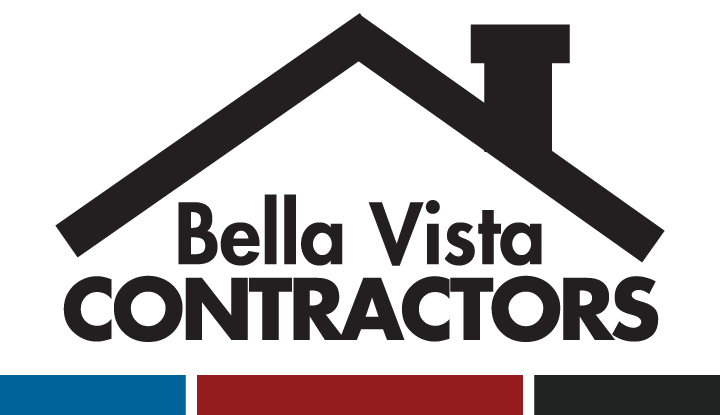Bella Vista Contractors: A Guide to Permits a General Contractor Can Pull
The construction process can be an intricate dance of design, procurement, and actual building. Among the most critical steps, however, is securing the necessary general contractor permits. These permissions ensure that all construction adheres to local regulations, safety standards, and zoning laws. Bella Vista Contractors, with its rich experience and reputation, sheds light on the different permits that a general contractor can pull.

General Contractor Permits They Can Pull
1. Building Permits
These are the most commonly known general contractor permits. They give permission to construct, enlarge, repair, move, or change the occupancy of a building or structure. Bella Vista Contractors always ensures that the construction plan complies with all building codes to facilitate the smooth acquisition of these general contractor permits.
2. Electrical Permits
For any project involving electrical work, an electrical permit is required. This ensures that the wiring and other electrical components adhere to safety regulations, reducing the risk of electrical fires or malfunctions.
3. Plumbing Permits
These are essential for any projects that will involve changes to the current plumbing or the addition of new plumbing. Whether it’s a bathroom remodel or a new home construction, proper permitting ensures the plumbing work is up to code.
4. Mechanical Permits
Any HVAC work typically requires a mechanical permit. This can encompass the installation of furnaces, ducts, air conditioners, and other heating and cooling equipment.
5. Demolition Permits
Before tearing down any structure, a demolition permit is crucial. This permit ensures safety protocols are followed, and any environmental concerns, like asbestos, are properly addressed.
6. Roofing Permits
For substantial roofing jobs, particularly when you’re changing the structure of the roof or material, a permit is required to ensure the work meets local codes and standards.
7. Land Disturbance Permits
For projects that might affect the existing land’s topography or drainage, this permit is necessary. This can include activities like grading or clearing land.
8. Right-of-Way Permits
If your construction project will involve, in any way, the use of public right-of-way areas (like sidewalks, streets, or alleys), you will need to obtain a right-of-way permit.
9. Fire Protection Permits
For buildings that will install or modify sprinkler systems or other fire protection measures, these permits ensure that everything aligns with fire safety codes.
What Happens When a Homeowner Pulls Permits and Not the General Contractor?
When a homeowner pulls a permit for someone they’ve hired, several implications arise, both beneficial and potentially problematic. Let’s explore these aspects in detail:
1. Responsibility Shifts to the Homeowner
- Accountability: When homeowners pull their own permits, they effectively assume responsibility for ensuring the project complies with local building codes and regulations. If anything goes wrong, it’s the homeowner, not the contractor, who will be held liable for any code violations.
- Inspections: The person who pulls the permit is typically the one responsible for scheduling and facilitating necessary inspections. The homeowner must ensure that work progresses according to the permit’s conditions and is up to local code standards.
2. Potential Higher Costs for Homeowners
The worker will make an extra profit because the homeowner will have paid for something that should have been included in the total cost.
3. Risk of Contractor Unreliability
If a contractor suggests that the homeowner should pull the permit, it might be a red flag. Reputable and licensed professionals typically handle permits themselves, as they’re familiar with the process and can ensure all regulations are met. Contractors avoiding permits might be cutting corners, unlicensed, or trying to avoid a record of their work.
4. Possible Insurance Implications
If work is done without the necessary permits (or if a homeowner pulls a permit but work doesn’t adhere to codes), it could invalidate the homeowner’s insurance policy. This means that if there are damages or issues related to the work done, the insurance company might refuse to cover those costs.
5. Resale Implications
When selling a home, potential buyers or real estate agents might ask about general contractor permits for any renovations or major repairs. If a homeowner pulled the permit but the work wasn’t up to code, it might deter potential buyers or decrease the home’s value. They could request that issues be fixed before purchase or ask for a reduction in the asking price.
Unpermitted Work
Work done without proper permits can lead to lingering issues. Should the property ever go up for sale, inspection reports will reference past records, and any unauthorized work will need rectification and official approval.
Conclusion
While homeowners have every right to pull permits for projects on their property, they should carefully consider the implications. It’s essential to weigh the potential cost savings against the risks and responsibilities involved. If unsure, homeowners should consult with a reputable contractor or a local building department before making a decision. If a contractor is pushing a homeowner to pull the permit without a clear reason, it might be wise to reconsider the hiring decision.
